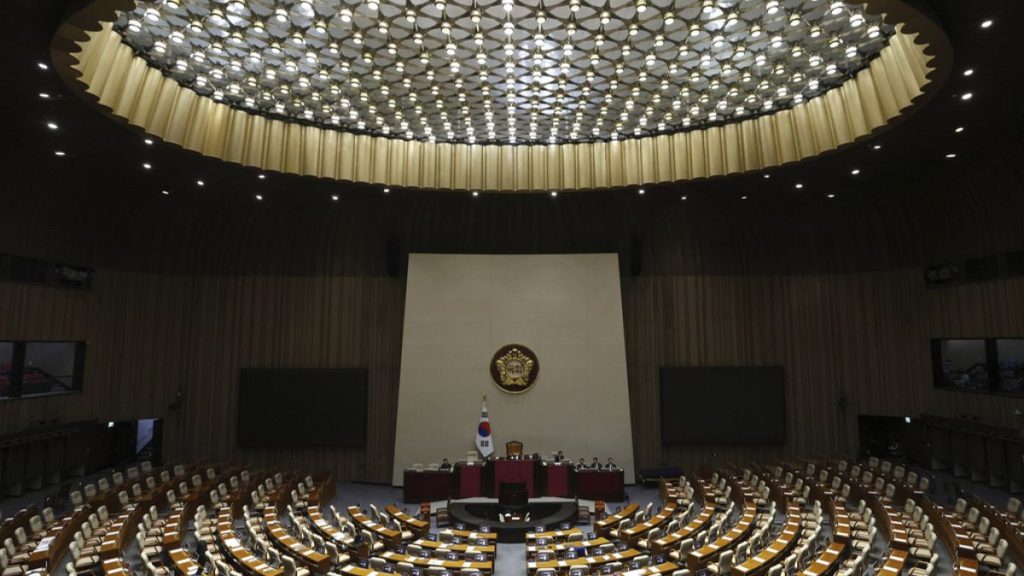The failed impeachment attempt against South Korean President Yoon Suk Yeol has plunged the nation deeper into political turmoil. Yoon’s short-lived imposition of martial law on Tuesday, ostensibly to quell perceived “anti-state forces,” sparked widespread public outrage and calls for his removal. While the president’s subsequent apology and retraction of the martial law order did little to assuage public anger, his People Power Party (PPP) rallied behind him, effectively blocking the impeachment motion in the National Assembly. This partisan divide has further exacerbated the existing political tensions and sets the stage for continued unrest.
The impeachment proceedings highlighted the deep fissures within South Korean politics. The opposition-controlled parliament, falling just short of the two-thirds majority needed for impeachment, attempted to remove Yoon from office, citing his martial law declaration as an unconstitutional power grab. Yoon and the PPP, however, defended the action as necessary to address national security concerns, accusing the opposition of harboring pro-North Korean sympathies. This narrative, while rejected by the opposition as a thinly veiled attempt to suppress dissent, resonated with some segments of the population, further polarizing the political landscape.
The martial law episode, though brief, served as a catalyst for the current crisis. Yoon’s assertion that the opposition posed a threat to national security, coupled with the swift and dramatic imposition of martial law, evoked memories of South Korea’s authoritarian past. This move, viewed by many as an overreach of executive power, galvanized opposition to Yoon’s presidency and fueled the impeachment effort. The president’s subsequent apology, though framed as an act of contrition, failed to quell the public outcry or bridge the widening political divide.
The PPP’s decision to boycott the impeachment vote, despite internal criticism of Yoon’s actions, underscored the party’s prioritization of political expediency over accountability. While some members of the PPP expressed concerns about Yoon’s leadership and the potential damage to the party’s image, the fear of losing the presidency to the liberal opposition ultimately trumped these concerns. This strategic maneuver, while successful in the short term, risks further alienating the public and deepening the sense of political instability.
Public opinion remains a significant factor in this unfolding political drama. Surveys indicate that a majority of South Koreans support Yoon’s removal from office, reflecting widespread dissatisfaction with his leadership and handling of the martial law incident. The failed impeachment bid is likely to further inflame public sentiment and could lead to escalating protests and social unrest. The government’s ability to maintain order and address the underlying causes of public discontent will be crucial in determining the trajectory of the crisis.
The political future of South Korea remains uncertain. The failed impeachment attempt, while a temporary reprieve for Yoon, has done little to address the fundamental issues dividing the nation. The deep-seated political polarization, coupled with growing public dissatisfaction, creates a volatile environment ripe for further conflict. The government’s response to the ongoing crisis, including its ability to engage in meaningful dialogue with the opposition and address the concerns of the public, will be critical in determining the country’s political stability and future direction. The possibility of future impeachment attempts remains, and the delicate balance of power in the National Assembly suggests that the political struggle is far from over.














